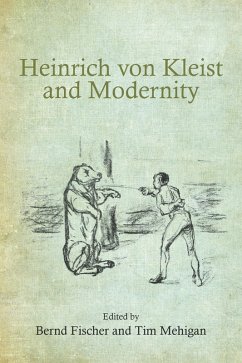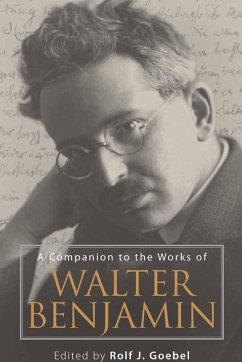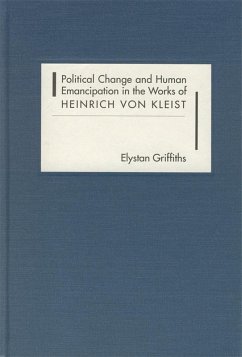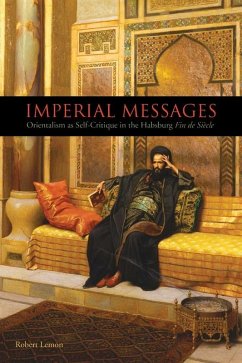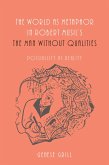New essays employing a multitude of approaches to the works of Kleist, in the process shedding light on our present modernity.
Modernity, according to some views, poses the problem of homo politicus -- the problem of how to act in a moral universe without a "master narrative," without a final foundation. From this angle, the oeuvre of Heinrich vonKleist -- novellas, dramas, and essays -- addresses problems emerging from a new universe of Kantian provenance, in many ways the same universe we inhabit today.
This volume of new essays investigates Kleist's position in ourever-changing conception of modernity, employing aesthetic, narrative, philosophical, biographical, political, economic, anthropological, psychological, and cultural approaches and wrestling with the difficulties of historicizingKleist's life and work. Central questions are: To what extent can the multitude of breaking points and turning points, endgames and pre-games, ruptures and departures that permeate Kleist's work and biography be conceptually bundled together and linked to the emerging paradigm of modernity? And to what extent does such an approach to Kleist not only advance understanding of this major German writer and his work, but also shed light on the nature of our present modernity?
Contributors: Seán Allan, Peter Barton, Hilda Meldrum Brown, David Chisholm, Andreas Gailus, Bernhard Greiner, Jeffrey L. High, Anette Horn, Peter Horn, Wolf Kittler, Jonathan W. Marshall, Christian Moser, Dorothea von Mücke, Nancy Nobile, David Pan, Ricarda Schmidt, Helmut J. Schneider.
Bernd Fischer is Professor of German at the Ohio State University. Tim Mehigan is Professor of German in the Department of Languagesand Cultures at the University of Otago, New Zealand.
Modernity, according to some views, poses the problem of homo politicus -- the problem of how to act in a moral universe without a "master narrative," without a final foundation. From this angle, the oeuvre of Heinrich vonKleist -- novellas, dramas, and essays -- addresses problems emerging from a new universe of Kantian provenance, in many ways the same universe we inhabit today.
This volume of new essays investigates Kleist's position in ourever-changing conception of modernity, employing aesthetic, narrative, philosophical, biographical, political, economic, anthropological, psychological, and cultural approaches and wrestling with the difficulties of historicizingKleist's life and work. Central questions are: To what extent can the multitude of breaking points and turning points, endgames and pre-games, ruptures and departures that permeate Kleist's work and biography be conceptually bundled together and linked to the emerging paradigm of modernity? And to what extent does such an approach to Kleist not only advance understanding of this major German writer and his work, but also shed light on the nature of our present modernity?
Contributors: Seán Allan, Peter Barton, Hilda Meldrum Brown, David Chisholm, Andreas Gailus, Bernhard Greiner, Jeffrey L. High, Anette Horn, Peter Horn, Wolf Kittler, Jonathan W. Marshall, Christian Moser, Dorothea von Mücke, Nancy Nobile, David Pan, Ricarda Schmidt, Helmut J. Schneider.
Bernd Fischer is Professor of German at the Ohio State University. Tim Mehigan is Professor of German in the Department of Languagesand Cultures at the University of Otago, New Zealand.
Dieser Download kann aus rechtlichen Gründen nur mit Rechnungsadresse in A, D ausgeliefert werden.

